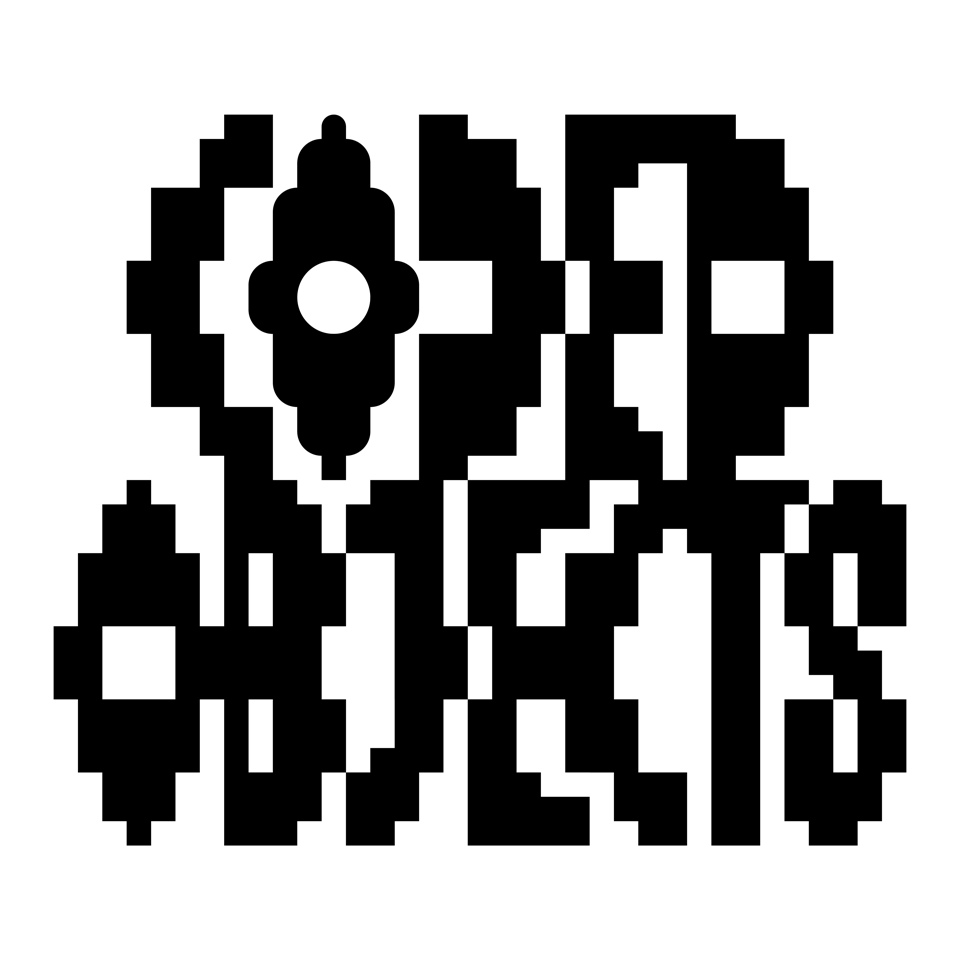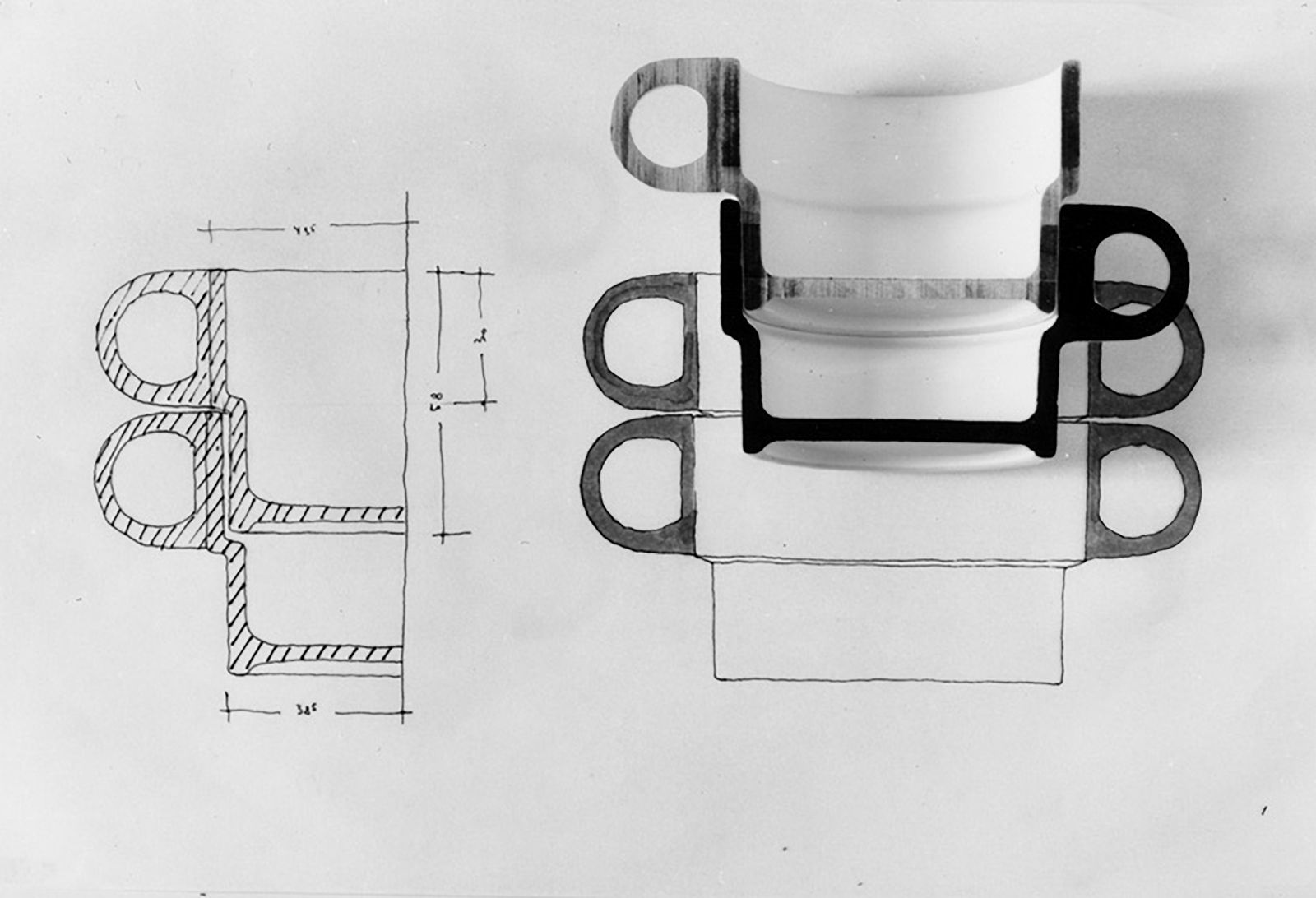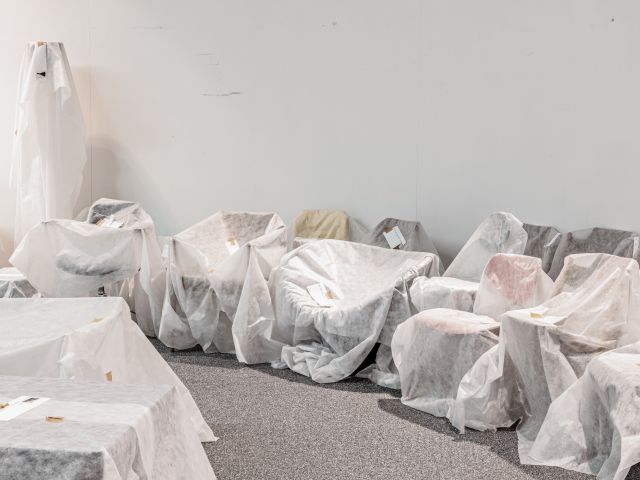Coded Objects
Lise Meitner Group Anna-Maria Meister


In un momento in cui la progettazione e la distribuzione dell’informazione sono diventate un motore dominante della politica e dell’economia mondiali, le implicazioni formali e materiali dei “codici” rimangono spesso inosservate o incontrollate, così come i concomitanti cambiamenti di agency e i tentativi di programmare la società attraverso pratiche spaziali e formali. Per questo motivo, il gruppo di ricerca guarderà allo spazio del coding non come a una tecnologia astratta o a un’attività remota, ma alla programmazione degli oggetti attraverso il design. Cosa significherebbe considerare gli oggetti codificati non come un denominatore stabile, ma come un’indagine metodologica sulle operazioni di creazione della forma e sulla materia del design? Con la forma come punto di accesso epistemico, il gruppo di ricerca multidisciplinare indaga il ruolo delle forme materiali nei processi automatizzati. In breve, questo progetto si concentrerà sul pensiero proto-algoritmico come pratica materiale e spaziale.
Prendere sotto esame gli oggetti codificati metterà in discussione qualsiasi dicotomia prestabilita tra design e burocrazia o ipotesi di tecnologia “neutrale”. Indagare la forma dei processi e degli oggetti che essi producono – localizzando i movimenti del design in sistemi immaginati come automatizzati – promette di svelare attriti e affinità, affinché le ricerche del gruppo possano avere un impatto sul presente. Quello che ci importa è, per così dire, la materia dei processi. Dare forma alle cose viene spesso mascherato dalla retorica della “neutralità” tecnologica, ma data la circolazione globale di immagini e oggetti e il design incorporato all’interno dello scambio di informazioni, le operazioni di creazione di forme e la questione del design richiedono un esame più attento. Questo progetto intende individuare i discorsi sulle responsabilità, le aspirazioni e le tecniche di formazione dei valori attraverso i mezzi estetici. Dopo tutto, ciò che viene codificato non sono solo oggetti o attività, ma soggetti.
Osservando gli oggetti codificati che ci circondano come un insieme di negoziazioni umane, materiali ed estetiche, il gruppo vuole spostare l’attenzione sull’importanza delle intenzioni formali (e delle
conseguenze) nei processi e nei programmi predefiniti. Allo stesso tempo, considererà la creazione della forma degli oggetti come una pratica locale e culturalmente molto specifica, sia che si tratti di una modellazione deliberata da parte di esperti, che di soluzioni intelligenti sviluppate dalle comunità. Partendo dal lavoro critico sulla “precisione”, l’“oggettività” o l’“efficienza tecnologica”, in particolare la loro messa in discussione attraverso metodi femministi e queer, il gruppo studierà le pratiche sviluppate dagli shape-givers insieme ai ‘burocrati’ per creare forme (sia storicamente che nella contemporaneità). Le tecniche di creazione non serviranno solo come strumento di conoscenza, ma anche come set di abilità e strumento nelle operazioni di oggetti (sempre comunque) codificati.
Il gruppo comprende posizioni di dottorato e post-dottorato, progetti di ricerca collaborativi e individuali, nonché ospiti scientifici, puntando a un’ampia gamma di risultati scientifici e di outreach e
basandosi su tre modalità di ricerca: un lavoro d’archivio rigoroso e approfondito per scoprire e valutare casi di studio; un intenso scambio interdisciplinare verso una terminologia e metodologie condivise; e, infine, una forte attenzione al fare come forma di conoscenza, vale a dire alle competenze tangibili, materiali e formali e all’esperienza sensoriale dei formgivers e delle loro pratiche.
Se veda anche l'articolo di Anna-Maria Meister:
Coded Objects: The Forms of Proto-Algorithmic Thinking.




